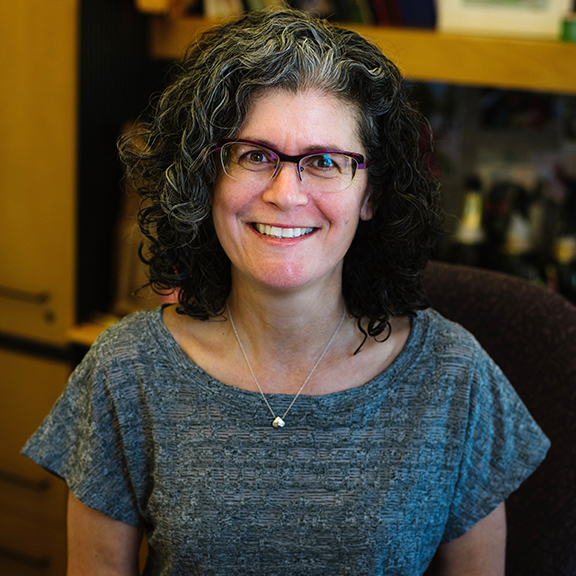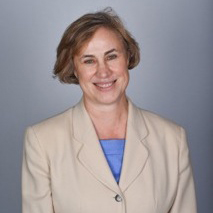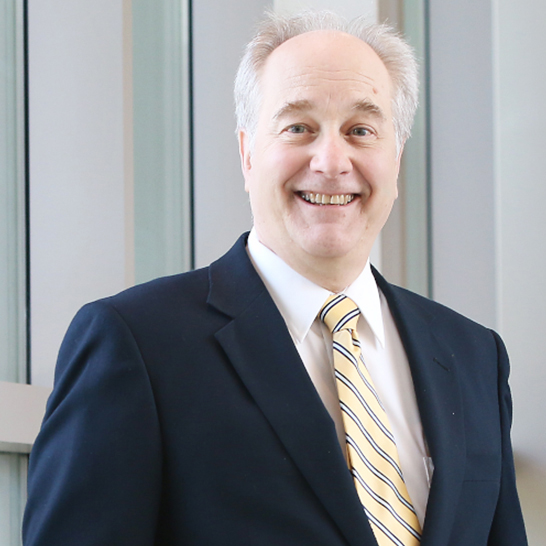TWiM reveals that the ice cream manufacturing environment harbors psychrotrophic bacteria, and identification of a deadly bacterial strain causing widespread deaths of newborns in Uganda.
TWiM explains personalized aerosilized phage therapy for a chronic lung infection, and using the combination of antibiotic and a DNA molecule that binds alpha-gal to reduce S. aureus infection in vivo.
TWiM reveals that breast milk bioactives are essential for development of the infant microbiome and immunity, and how capsule mutants of Klebsiella pneumoniae can affect bacterial pathogenesis.
TWiM explains how photoferrotrophic bacteria initiated plate tectonics over 2500 million years ago, and how two bacteria work together to cause childhood tooth decay.
From ASM Microbe 2023 in Houston, TWiM speaks with Mimi Goldschmidt about her remarkable career in microbiology which included training astronauts to safely bring moon rocks back to Earth.
TWiM highlights viral defense and counter-defense: cGAS mediated ubiquitination to counter infection, and viral sponges that sequester nucleotide signals to inactivate immunity.
TWiM describes a potential connection between a bacterial protein that damages DNA and human cancers, and how to synthesize antimiicrobial natural products from reconstructed bacterial genomes of the Middle and Upper Paleolithic.
TWiM investigates the high variability in the rate and amount of current production from microbial fuel cells, and how bacteria link their growth rate to external nutrient conditions via a protein that functions as a cellular rheostat.
TWiM reveals environmental integrons, bacterial genetic elements notorious for their role in spreading antibiotic resistance, and how Salmonella invasion is controlled by competition among intestinal chemical signals.
TWiM reveals a new type of satellite virus that requires only phage tails for producing infectious virus particles, and that highly virulent plague bacteria differs from its innocuous enteric predecessor by its resistance to lysis by human complement.




